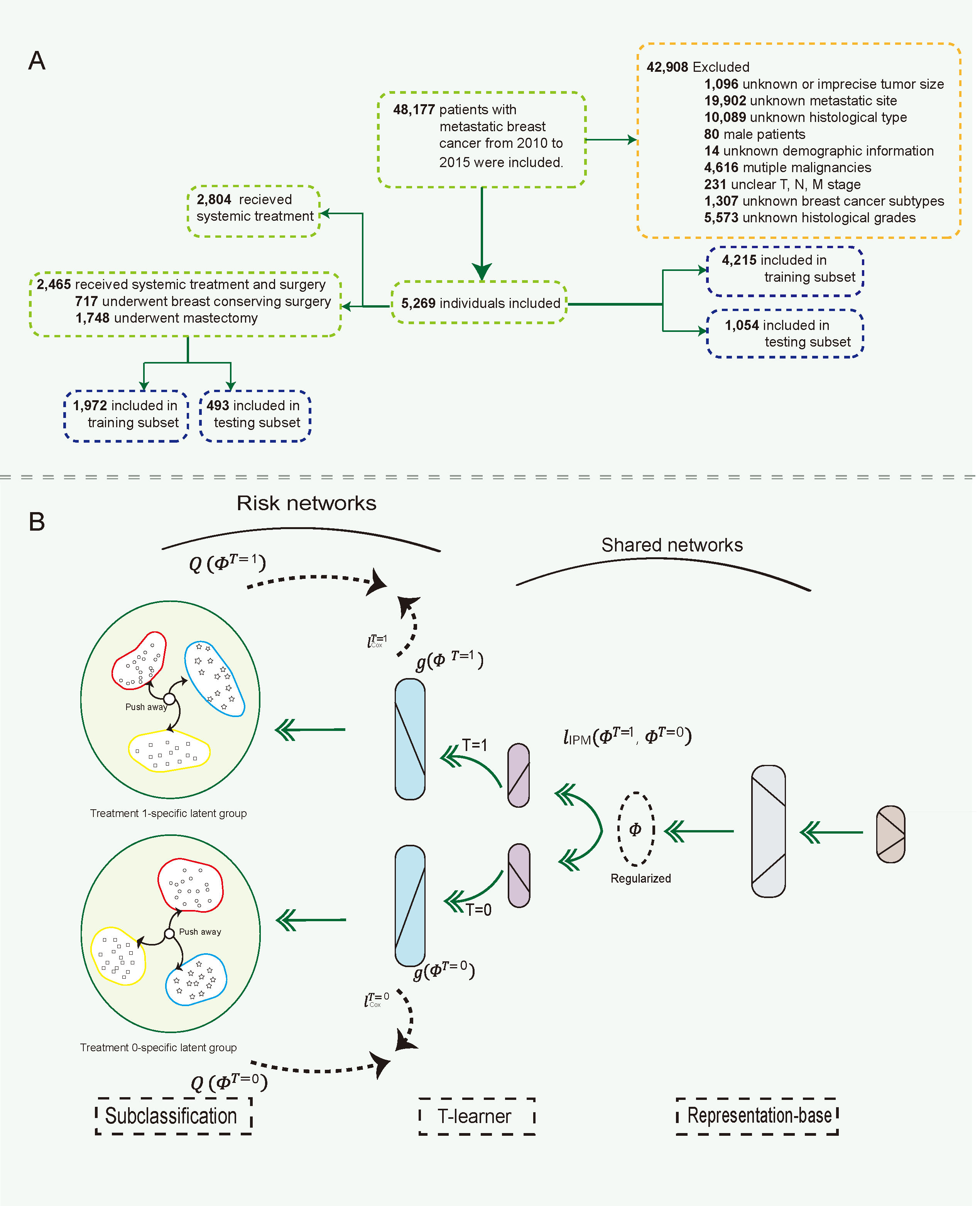What is it about?
A novel deep learning-based treatment recommendation model was developed in this study, called Deep Survival regression with Mixture Effects (DSME). The DSME features three individualized causal inference strategies: T-learner, representation-based, and subclassification. Patients following DSME recommendations have significantly better survival than those who did not. By interpreting the DSME, patients with ER-positive, PR-positive, bone-only metastases, and smaller tumors were more likely to be recommended for surgery. In contrast, HER 2-positive status, brain-only metastases, and larger tumor size decreased the likelihood of a surgical recommendation.
Featured Image

Photo by Chris Liverani on Unsplash
Why is it important?
DSME exhibited efficacy in extending the survival of metastatic breast cacner patients by eight months over a five-year span. This performance surpasses that of real-world decisions by clinicians, contemporary models, and ESMO guidelines, as well as generic treatment approaches focused on average outcomes.
Perspectives

DSME can potentially enhance patients' prognosis. This model merits to be validated by prospective studies and expanded to more downstream tasks in future studies.
Enzhao Zhu
Tongji University School of Medicine
Read the Original
This page is a summary of: Personalized surgical recommendations and quantitative therapeutic insights for patients with metastatic breast cancer: Insights from deep learning, Cancer Innovation, April 2024, Tsinghua University Press,
DOI: 10.1002/cai2.119.
You can read the full text:
Contributors
The following have contributed to this page








